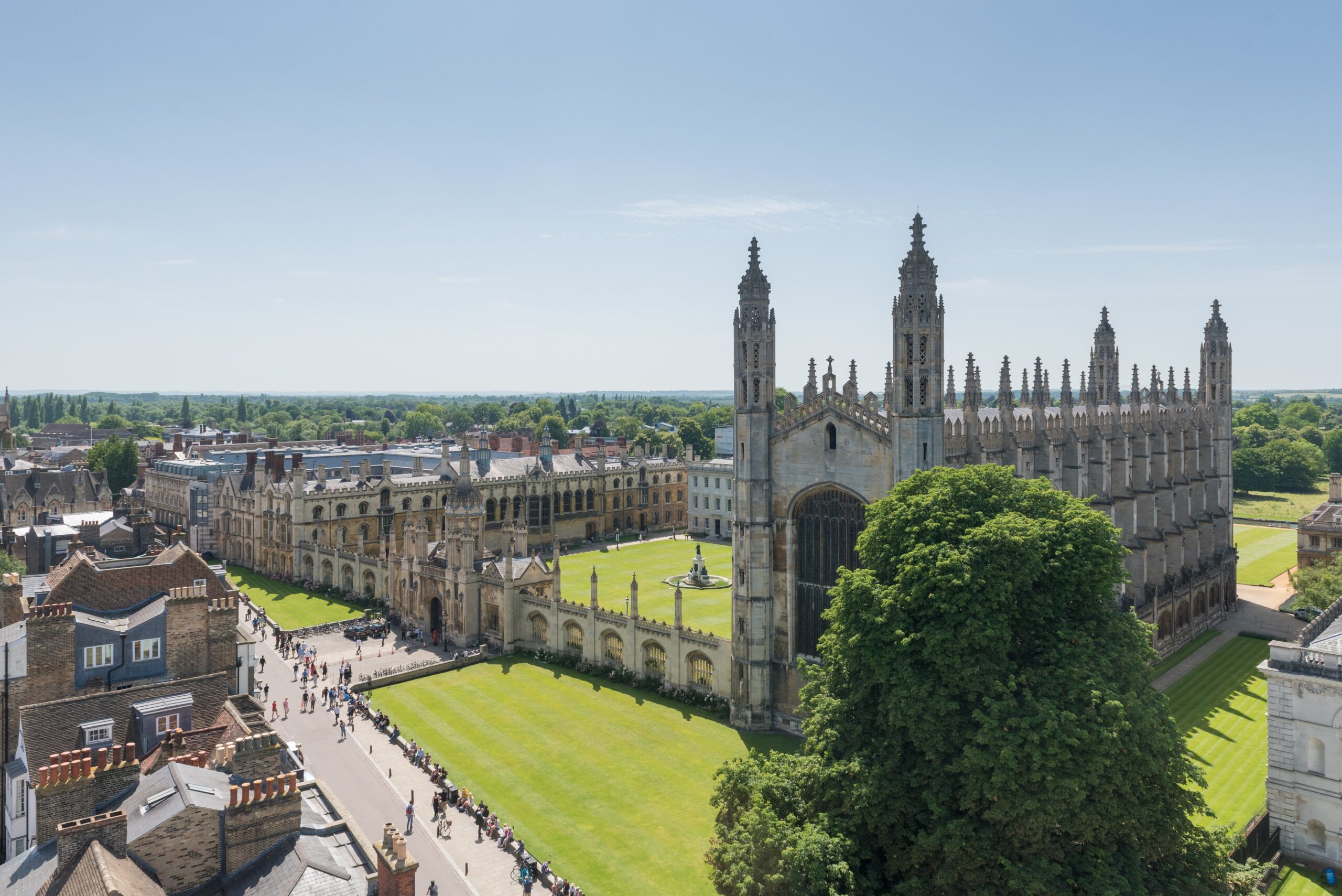The University of Cambridge will introduce a new scheme, modelled on the Trinity Access Programme, to increase its intake of students from disadvantaged backgrounds.
The scheme, which is scheduled to begin in 2020, will offer students from educationally disadvantaged backgrounds an intensive preparatory course before they enter university. The length of this course, which will focus specifically on black and minority ethnic students and those from state-run schools, is yet to be confirmed. The scheme will be implemented across the various Cambridge colleges.
The scheme has been spearheaded by Cambridge’s Pro-Vice Chancellor for Education Professor Graham Virgo. Work on the proposal began in 2016.
In an email statement to The University Times, Virgo said: “We know we need to do more to attract those students who have the potential to study here, but have not been applying to us.”
Commenting on the fact that the scheme does not include a reduction in grade requirements for disadvantaged students, he continued: “Rather than reduce our standard offer, we want to offer extra help to those students who have ability and potential but who have experienced educational disadvantage. This will help bring them up to speed, and ease their transition to the demands of a Cambridge course.”
“We have been scoping different models for transitional year programmes, and research outlining how different models would work at Cambridge is currently under consideration”, he added.
Despite recent calls from politicians and students alike to increase levels of access, only one Oxford College, Lady Margaret Hall, has previously introduced an access programme. Unlike Cambridge’s proposed scheme, this programme, introduced in 2016, included a reduction in the grades required for entry by students from disadvantaged areas. Trinity graduate Louise Richardson is the Vice-Chancellor of the University of Oxford and has spoken before about improving access for students from disadvantaged backgrounds.
The Oxford scheme was inspired by TAP and the Director of TAP, Cliona Hannon, still works closely with Oxford on the programme. Writing in Times Higher Education, the Principal of Lady Margaret Hall, Alan Rusbridger, said: “There are groups of young people today who are markedly under-represented at Oxford, even if it is not quite right to call them ‘excluded’. They are as bright, resourceful and determined as anyone who has succeeded in getting here, but many things may have conspired to stop them even considering Oxford as an option.”
In recent years both Oxford and Cambridge have come under fire for a failure to encourage diversity and educational access. While figures for the 2017 admissions cycle, which will be released later this month, are expected to show an improvement in the number of students from disadvantaged backgrounds being accepted to both Cambridge and Oxford, government figures released earlier this month revealed that Oxford had the fourth lowest entry rate from state schools in Britain, while Cambridge had the fifth lowest.
In addition to this, figures from 2015 showed that a third of Oxford colleges had failed to admit a single black student. A number of politicians, from David Cameron to Labour MP David Lammy have called on the Oxbridge colleges to increase their commitment to outreach.
Launched in 1993, the Trinity Access Programme aims to increase access to Trinity by students from under-represented groups through a combination of outreach programmes, foundation courses and alternative admissions routes.







